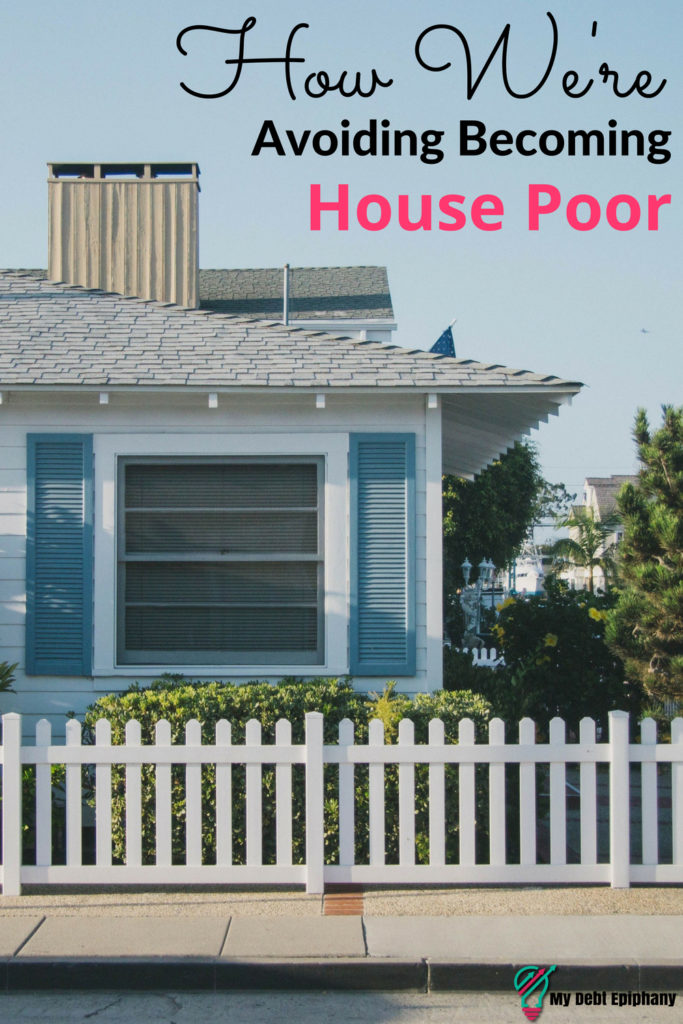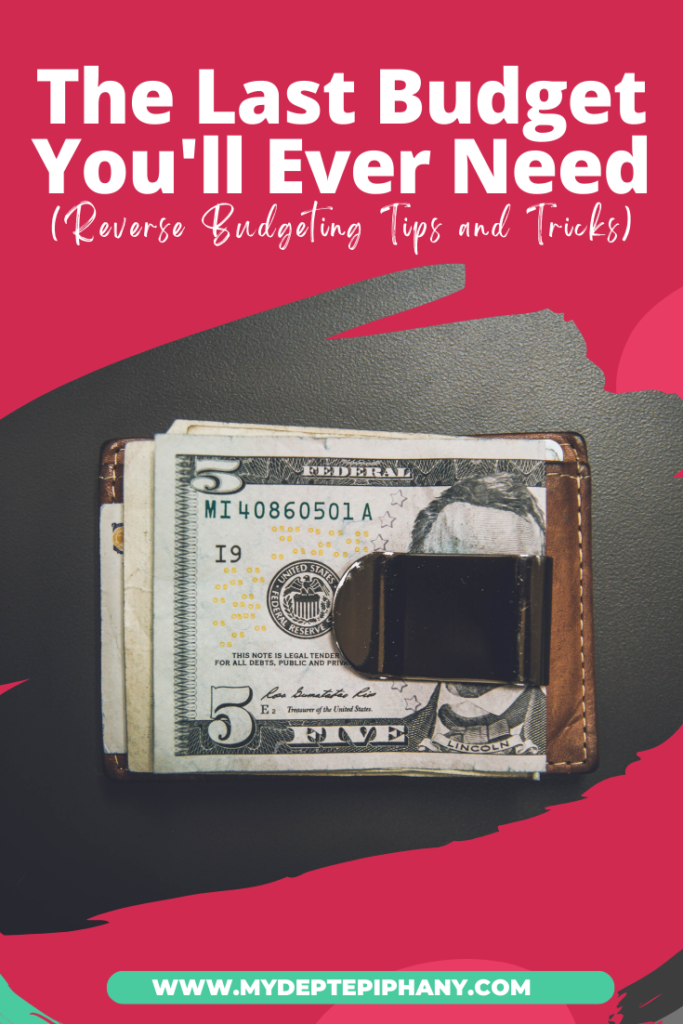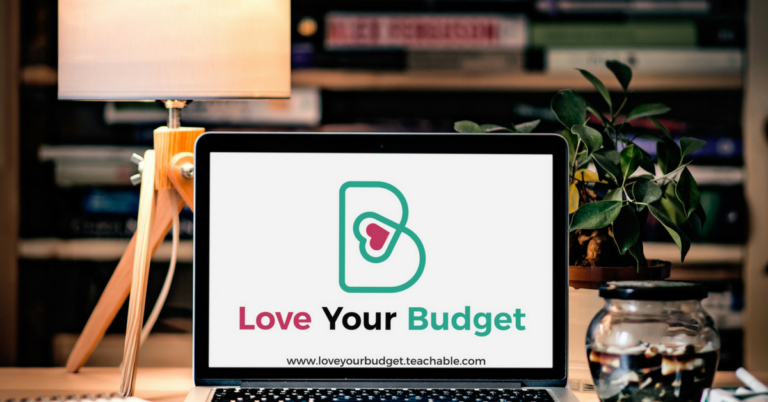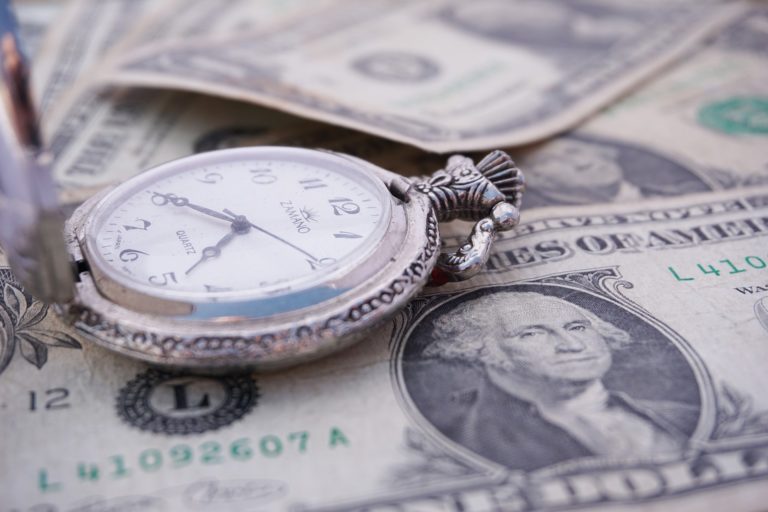How We’re Avoiding Becoming House Poor
This is the year I’m finally becoming a homeowner. I’m excited but also nervous because I’ve been hearing all these horror stories about people who are struggling to make their house payments.
I know that being a homeowner is more than just a status symbol. It’s going to require sacrifice, a lot of hard work, and solid finances on my part.
One thing I don’t want to become is ‘house poor’. House poor is when your housing expenses exceed a large portion of your income creating a financial burden. When you’re spending too much on your housing and related expenses, it becomes difficult to pay your other bills and live comfortably.
It’s a pretty sucky situation to be in actually. Even though I still have a little debt and being a homeowner will cost me more money than renting, there are a few things my husband and I are going to do to avoid becoming house poor.
Table of Contents
Purchase a Smaller House
I’m convinced that having a smaller house will help us spend less money overall. The home we’re looking at now is just under $1,400 sq ft so it’s perfect for my small family. While buying a 2,500 sq ft house sounds tempting, you have to factor in the extra money you’ll spend in monthly housing payments, utilities, repairs and maintenance.
As first-time homebuyers, it was important for us not to take on more than we could handle.
Fixed Loan Rate
Having a fixed loan rate is something I’m not budging on. A fixed loan rate means the interest for the mortgage won’t change over time. If you want to refinance in the future if rates go down you can, but you won’t have to worry about your rate going up.
We’re going with a conventional loan and I like that we’ll have a fixed loan rate, and a fixed amount going toward the principal and interest each month. We can also throw extra money on the mortgage each month without any penalties.
The only way our mortgage could increase would be due to taxes, but it’s nice to know we don’t have to worry about a variable interest rate driving costs up.
Keep the Mortgage Below 30% of Our Take Home Pay
As a general rule of thumb, it’s best to keep your housing costs below 30% of your take-home pay if you want to avoid becoming house poor. This is the single best thing you can do to ensure your mortgage and housing expenses don’t dominate your income.
It’s really tempting when buying a house because your lender may pre-approve you and tell you how much you can afford. However, in reality, you know how much you can truly afford to spend on a house so you should make that final call.
Buying a smaller house is definitely helping us keep our mortgage as a reasonable rate. We sat down and mapped out our budget to see how much we’d feel comfortable spending on housing each month. Then, we made sure we settled for something below that amount just to be safe.
DIY and Cash Flow Maintenance and Repairs
Something else that people don’t factor in that can lead to becoming house poor is paying for maintenance, repairs, and other general costs related to moving and enhancing your home.
It’s easy to get excited about fixing up your new space and think about ordering new Tvs, furniture, decor, etc. We actually have a lot of work we want to do on our home to make it our own and there’s nothing wrong with that.
What I’m NOT willing to do is take out a loan to fund these costs. Instead, we plan to pay cash for as much as we can and save up cash for some of the expenses that are less of a priority.
I’m actually getting rid of a ton of my furniture when we move but I’m not stressing out about furnishing the new house. My secret (no so secret) weapon is to check out the Facebook marketplace for deals on furniture and slowly bring things in when we find them.
A few weeks ago I found a sectional sofa that was just like new on the Facebook marketplace. It was only priced at $300 (normally would cost anywhere from $800 – $1,000+) and the problem was that the seller lived over an hour away from me. Luckily, it was not too far from where my dad lives so I wired him the money and had him pick it up and hold it for me.
I’m looking forward to snagging more furniture deals and DIYing whatever we can especially when it comes to painting, the locks on the house, and small improvement projects because I know this will save us thousands.
Build Up Emergency Savings

Finally, building up emergency savings is going to be the key to avoid a house poor situation. Homeowners are always going to have planned and unplanned expenses. This is why saving enough funds to lean on for a rainy day can help protect your cash flow.
Related: Why You Need a Full Emergency Fund
How to Save Your First $1,000 This Year
I can’t say how much you should have in your emergency fund, but I think saving up 6-8 months of expenses would make me feel super comfortable.
If your mortgage and housing expenses are eating up all your disposable income, it’s time to make a change. It’s a dangerous place to be in and will hold you back from getting ahead financially. Use any of these 5 solutions to get back on track or even consider making some extra money or renting out a room in your home to increase your cash flow.
Have you ever felt house poor? What did or would you do to avoid it?
Stop Worrying About Money and Regain Control

Join 5,000+ others to get access to free printables to help you manage your monthly bills, reduce expenses, pay off debt, and more. Receive just two emails per month with exclusive content to help you on your journey.





